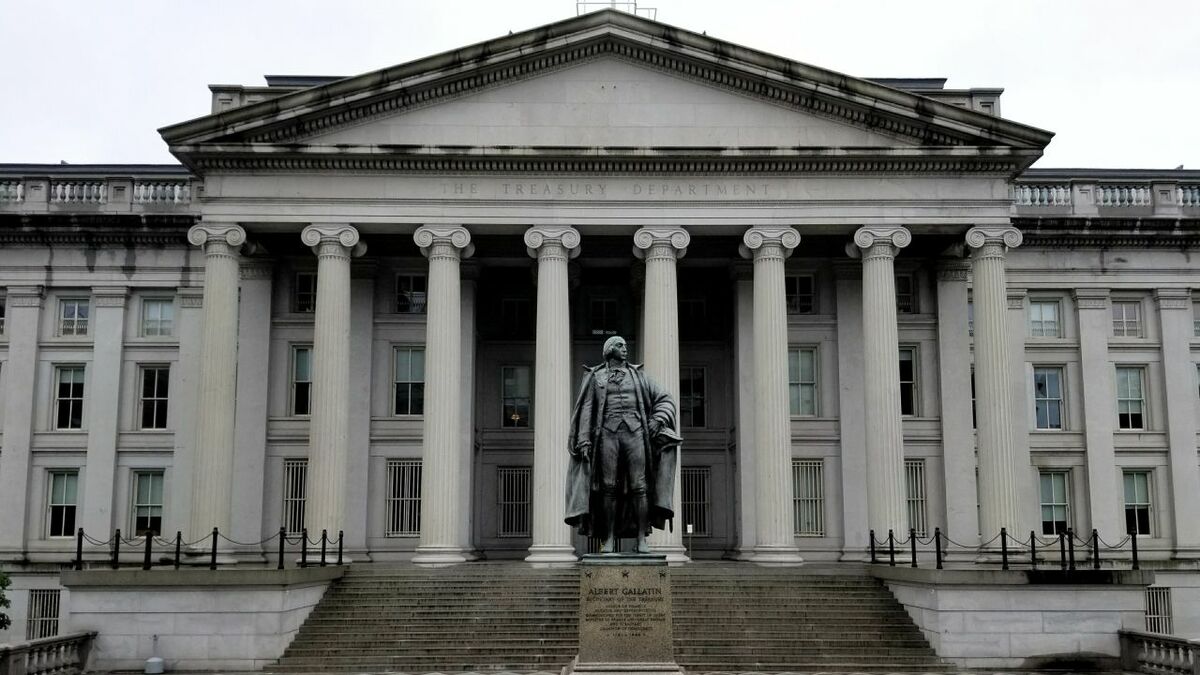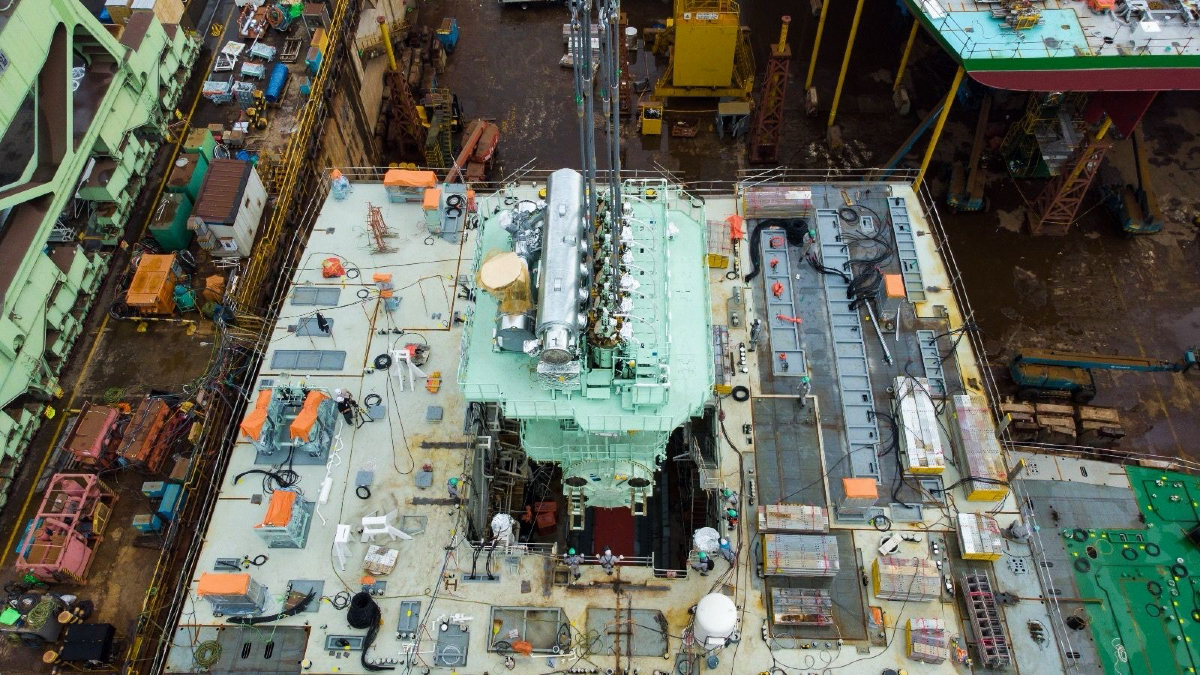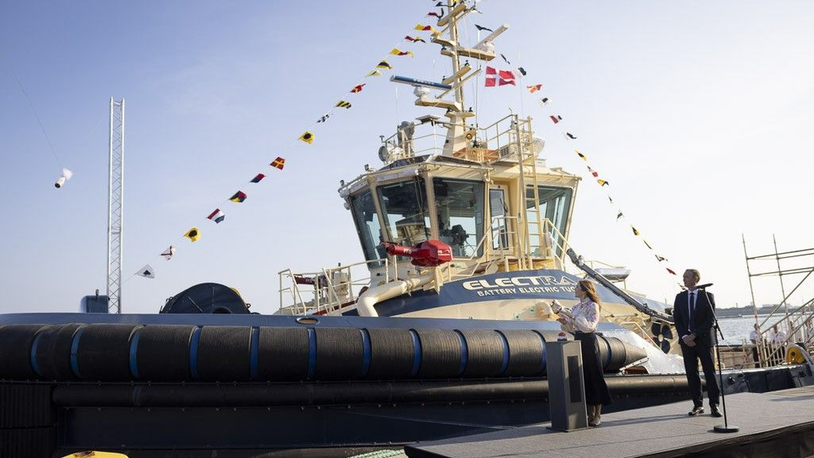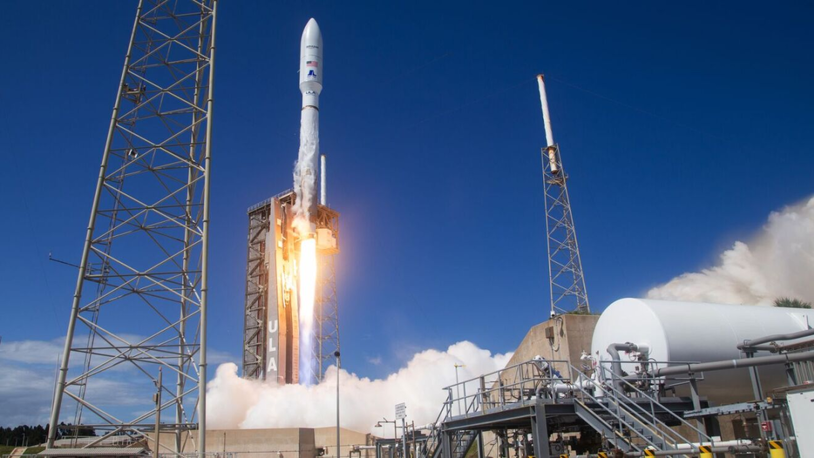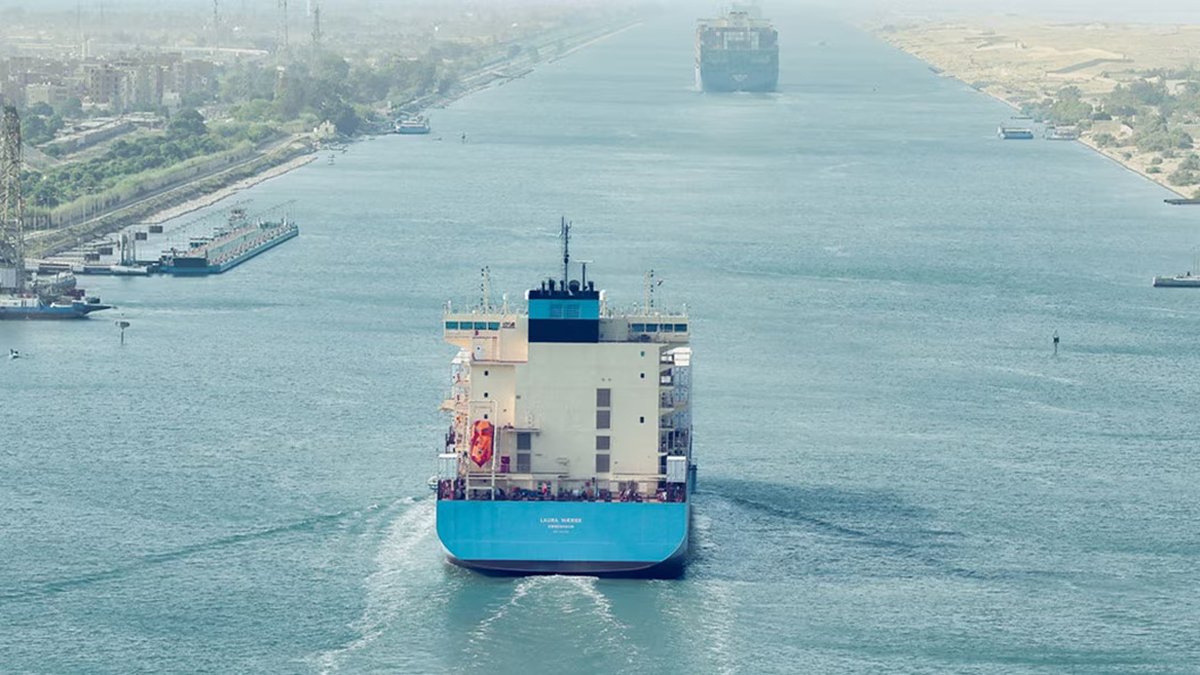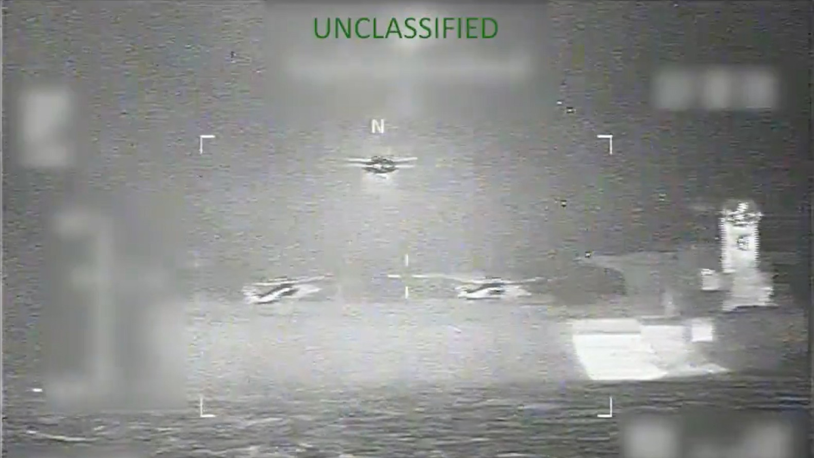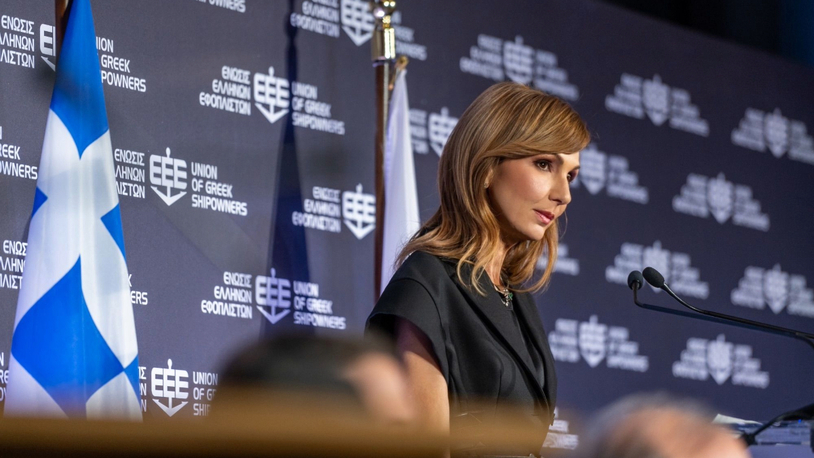Business Sectors
Events
Floating energy: successfully unlocking stranded gas using FLNGs and FSRUs
Contents
US levies price cap sanctions on three Sovcomflot-linked tankers
The US Treasury’s Office of Foreign Assets Control (OFAC) has added three Liberia-flagged Aframax tankers and their United Arab Emirates (UAE)-based registered owners to its list of sanctioned entities
A statement from the US Treasury said OFAC is imposing sanctions against three business entities and identifying three vessels as blocked property that "used Price Cap Coalition service providers while carrying Russian crude oil above the Coalition-agreed price cap".
The sanctioned vessels are the 115,700-dwt Kazan, owned by UAE-based Kazan Shipping Incorporated, the 114,600-dwt Ligovsky Prospect, owned by UAE-based Progress Shipping Company Limited and the 105,800-dwt NS Century, owned by UAE-based Gallion Navigation Incorporated. Ligovsky Prospect’s beneficial owner is listed as Sovcomflot (SCF) in VesselsValue’s database, while the two other vessels’ beneficial owner is SCF Group member company Novoship.
According to the Treasury, the vessels carried Russian crude oil priced above US$60 per barrel after the crude oil price cap took effect and used US-linked services while transporting the Russian-origin crude.
“Shipping companies and vessels participating in the Russian oil trade while using Price Cap Coalition service providers should fully understand that we will hold them accountable for compliance,” US Treasury Deputy Secretary Treasury Wally Adeyemo said.
“We are committed to maintaining market stability in spite of Russia’s war against Ukraine while cutting into the profits the Kremlin is using to fund its illegal war and remaining unyielding in our pursuit of those facilitating evasion of the price cap.”
The move to sanction the three entities and their vessels comes a month after the US handed down its first price cap sanctions, with the group of seven wealthy nations (G7) backing the sanctions with a warning of more to come.
Earlier this week, the media company Reuters cited an unnammed source who claimed to have seen notices from the US Treasury to ship management companies requesting information on around 100 vessels suspected of breaching sanctions. Some 30 countries were represented among the shipmanagement company headquarters contacted, according to the report.
In December 2022, the US, as part of a Price Cap Coalition consisting of the G7, the European Union and Australia, imposed a US$60 per barrel cap on seaborne exports of Russian crude in response to Russia’s invasion of Ukraine.
The coalition’s move was part of wider sanctions against Russian businesses that ban western companies from providing crucial services ranging from insurance, financing and transport for oil sold above the price cap.
Over the months since the price cap was implemented, there has been debate over its efficacy, with the US claiming the cap has largely done what it was intended to do, while the World Bank recently published analysis saying the cap appeared ’largely unenforceable’.
The World Bank report saw "increasing uncertainty regarding the discount at which Russian oil trades", citing opaque price quotes and further uncertainty of Urals prices due to a dwindling market share in the commodity for European brokerage houses.
"Average sale prices higher than the official Urals benchmark have been computed based on Russian customs and Ministry of Finance data (Babina et al. 2023). It seems that by putting together a ’shadow fleet’, Russia has been able to trade outside of the cap; the official Urals benchmark recently breached the cap for more than three months," the World Bank said.
In contrast, a letter in August 2023 from United States Treasury Department acting Assistant Secretary for Economic Policy Eric Van Nostrand claimed the Price Cap Coalition’s approach "has struck at the heart of the Kremlin’s most important cash cow".
In its latest sanctions action, the US Treasury blocked "all property and interests in property ... that are in the United States or in the possession or control of US persons ... In addition, any entities that are owned, directly or indirectly, 50% or more by one or more blocked persons are also blocked," as well as all transactions with the sanctioned entities.
Sign up for Riviera’s series of technical and operational webinars and conferences in 2023:
- Register to attend by visiting our events page.
- Watch recordings from all of our webinars in the webinar library.
Related to this Story
Events
Maritime Regulations Webinar Week
Floating energy: successfully unlocking stranded gas using FLNGs and FSRUs
© 2024 Riviera Maritime Media Ltd.


